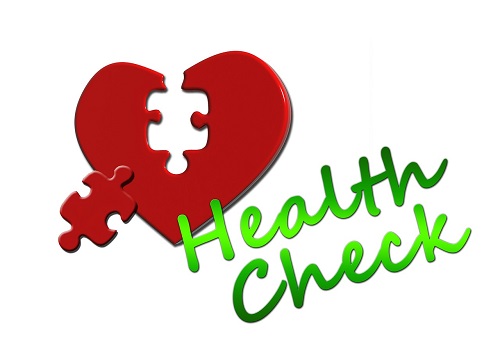 When thinking of health issues that affect seniors, most people go straight to heavy hitters like Alzheimer’s disease and osteoporosis. There are lots of other conditions that seniors face at a disproportionate rate, however, and they’re often precursors of more serious illnesses.
When thinking of health issues that affect seniors, most people go straight to heavy hitters like Alzheimer’s disease and osteoporosis. There are lots of other conditions that seniors face at a disproportionate rate, however, and they’re often precursors of more serious illnesses.
Be on the lookout for symptoms of these three lesser-known health conditions. If you notice anything that could be a sign of a more serious health issue, encourage your parent or loved one to seek help to stop them from getting worse.
1. Poor Oral Health
Many seniors suffer from oral health conditions like cavities, tooth decay, gum disease, dry mouth, and even mouth cancer. These are conditions that, in many cases, can be prevented with regular check-ups. Unfortunately, lots of older adults skip these check-ups.
In many cases, they neglect regular cleanings because they either no longer have dental insurance after retiring or are not comfortable driving anymore and don’t have a way to get to the dentist.
Poor oral health can cause inflammation throughout the body and lead to even more serious issues like malnutrition, heart disease, and diabetes.
Be on the lookout for signs of poor oral health -- difficulty chewing, halitosis, darkened or missing teeth -- and make an effort to help your parent or loved one get to regular dental appointments. If they’re worried about the cost, consider looking into government programs designed to help seniors pay for regular dental care.
2. Sexually Transmitted Diseases
Recent reports show that 21 percent of AIDS cases occur in seniors over the age of 50.
Seniors are highly susceptible to HIV, AIDS, and other sexually transmitted diseases. This has to do, in part, with the fact that they’re less likely to use condoms since they’re usually not concerned about accidental pregnancies.
Seniors also have weakened immune systems that put them at risk of contracting all kinds of diseases, including STDs.
To make matters worse, many seniors are diagnosed with HIV later than is ideal because the signs of HIV are similar to normal signs of aging. When HIV isn’t diagnosed early, it’s more difficult to treat and the immune system typically sustains more damage.
Common signs of HIV in seniors include:
-
Cough
-
Fever
-
Diarrhea
-
Headaches
-
Sweats
-
Swollen glands
-
Lethargy
-
Weight loss
-
Skin rashes
-
Sores in the mouth or genital area
-
Frequent yeast infections
-
Short-term memory loss
-
Stomach cramps
3. Poor Circulation
Poor circulation can be caused by a number of issues, from serious illnesses like diabetes and peripheral artery disease to sedentary lifestyles and smoking. If left untreated, poor circulation can cause health issues like limb ischemia, tissue death and possible amputation, stroke, and heart attack.
Common signs of poor circulation include:
-
Numbness in the feet, toes, or hands
-
Cold hands, feet, or ears
-
Fatigue
-
Dizzy spells
-
Hair loss
-
Dry skin
-
Muscle cramps
-
Irregular heartbeat
-
Poor stamina
To treat poor circulation, start by encouraging your parent or loved one to make lifestyle changes like exercising regularly and quitting smoking. Some other steps you can take include:
-
Dietary changes -- eating more whole grains, fruits, and vegetables and cutting out refined carbohydrates, sugar, and trans fats.
-
Staying hydrated.
-
Warm water soaks to relieve pain and swelling.
-
Elevating the feet with pillows and bed risers to improve blood circulation at night.
If you think the senior (or seniors) in your life are suffering from any of these conditions, encourage them to seek medical help as soon as possible. You may also need to talk to their doctors or dentists for them to ensure they understand all of your parent’s or loved one’s symptoms.


Comments